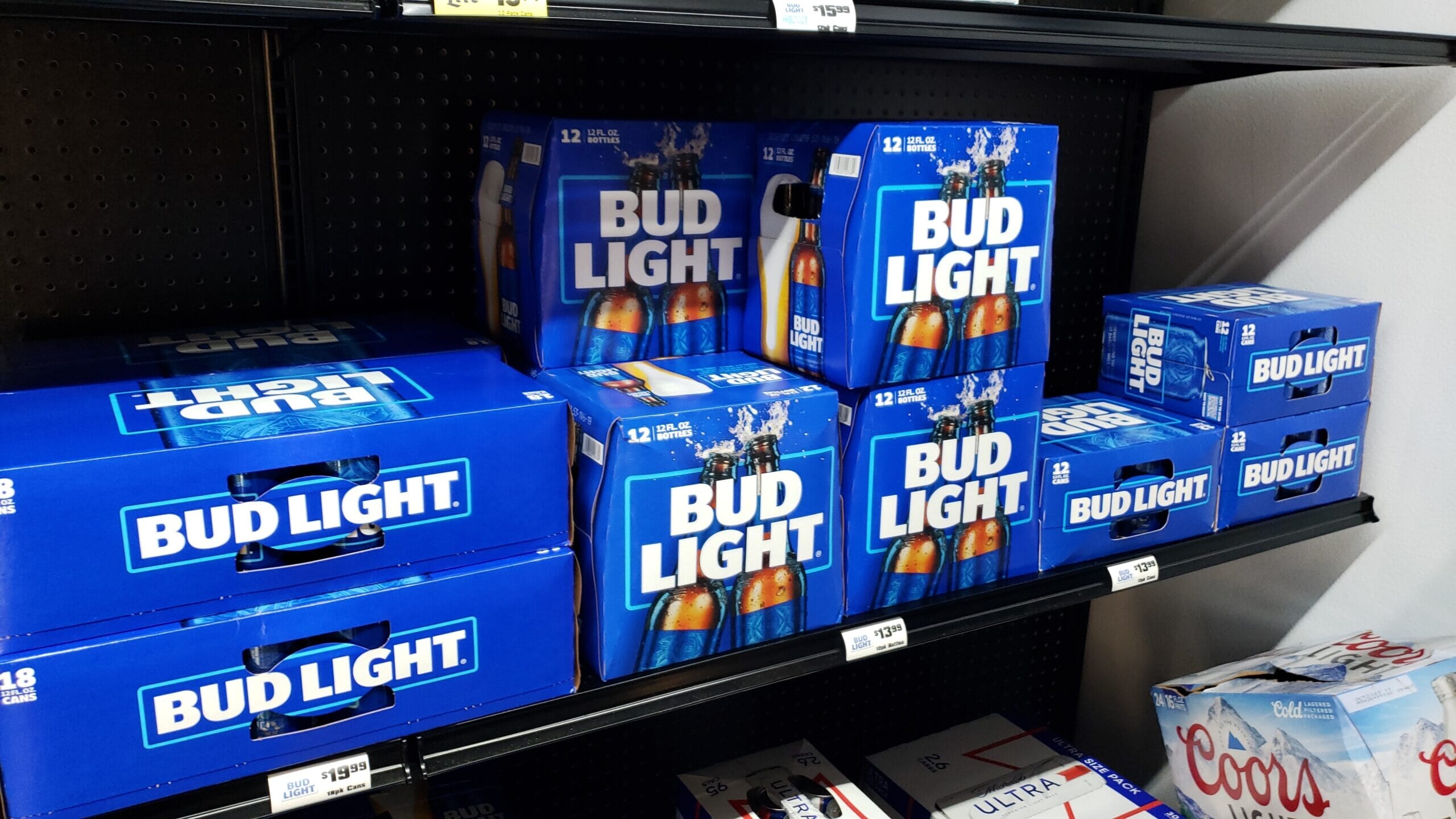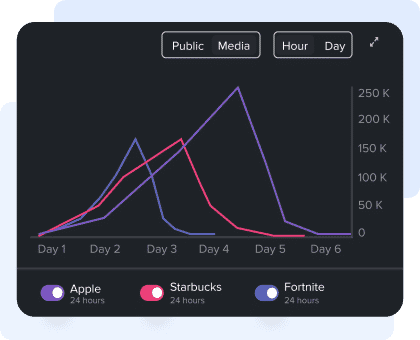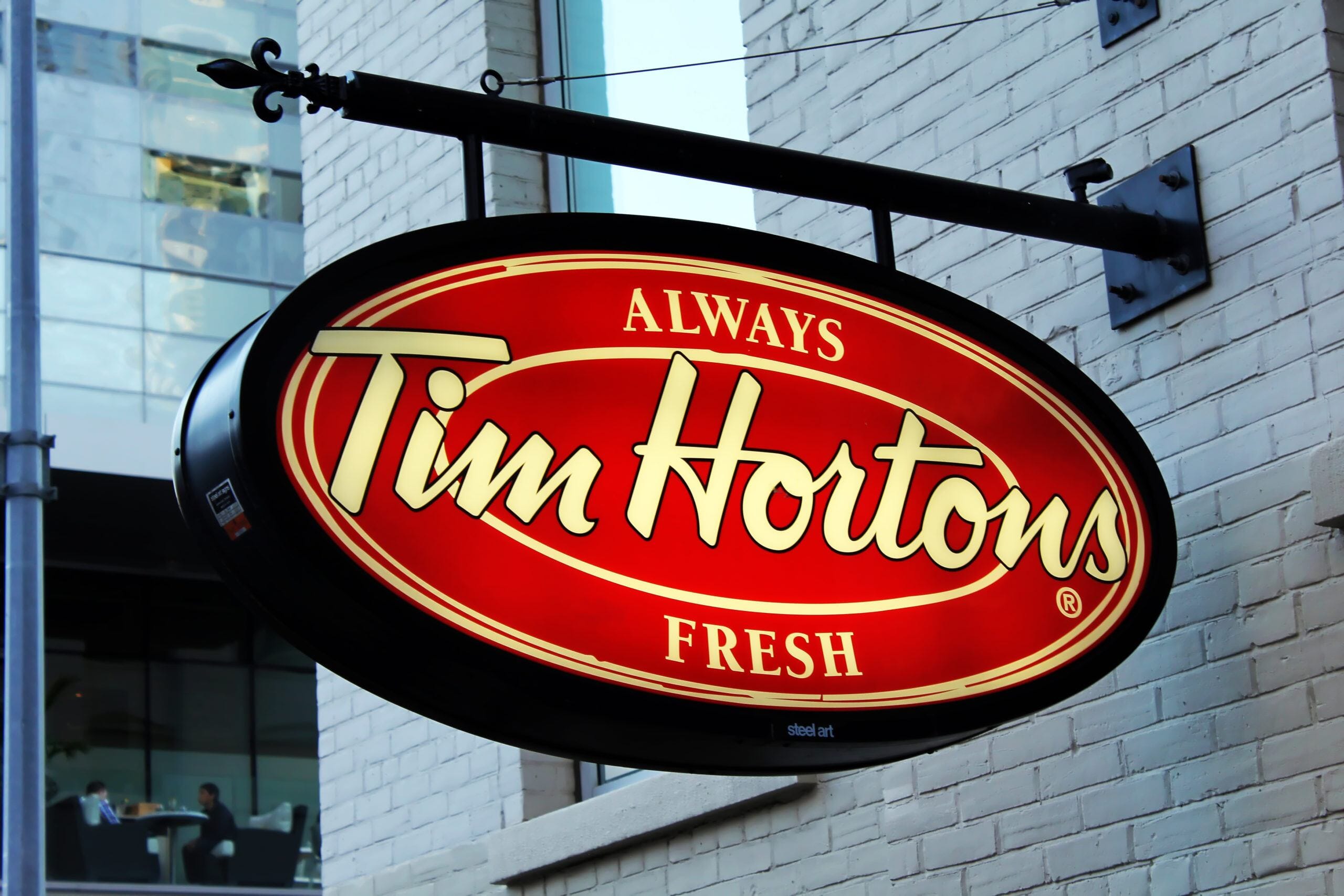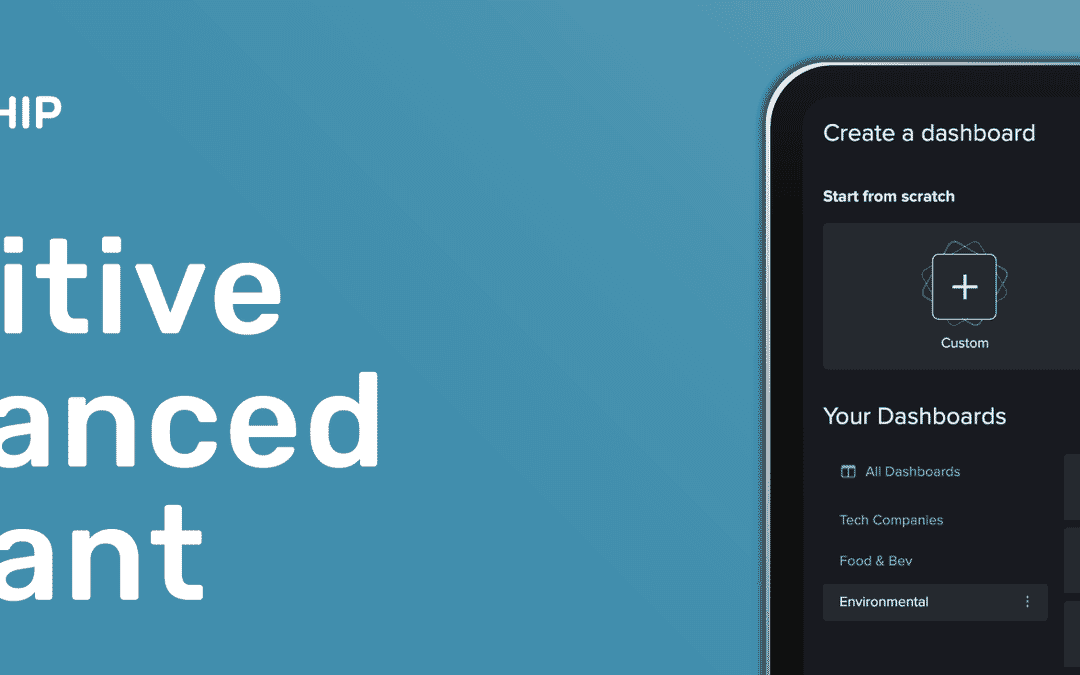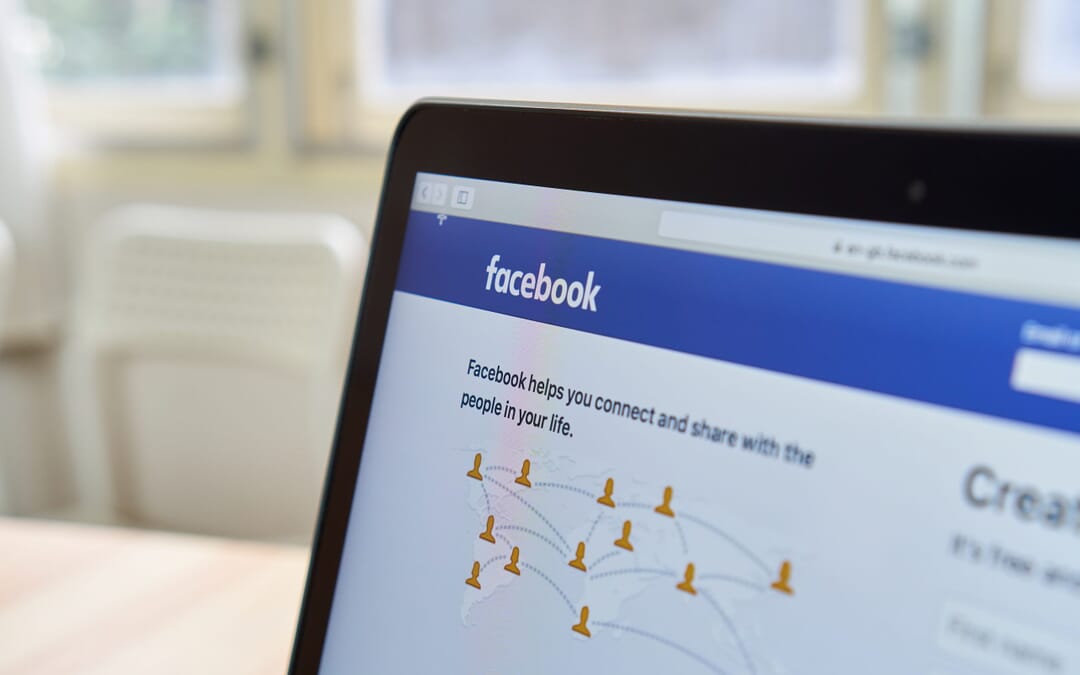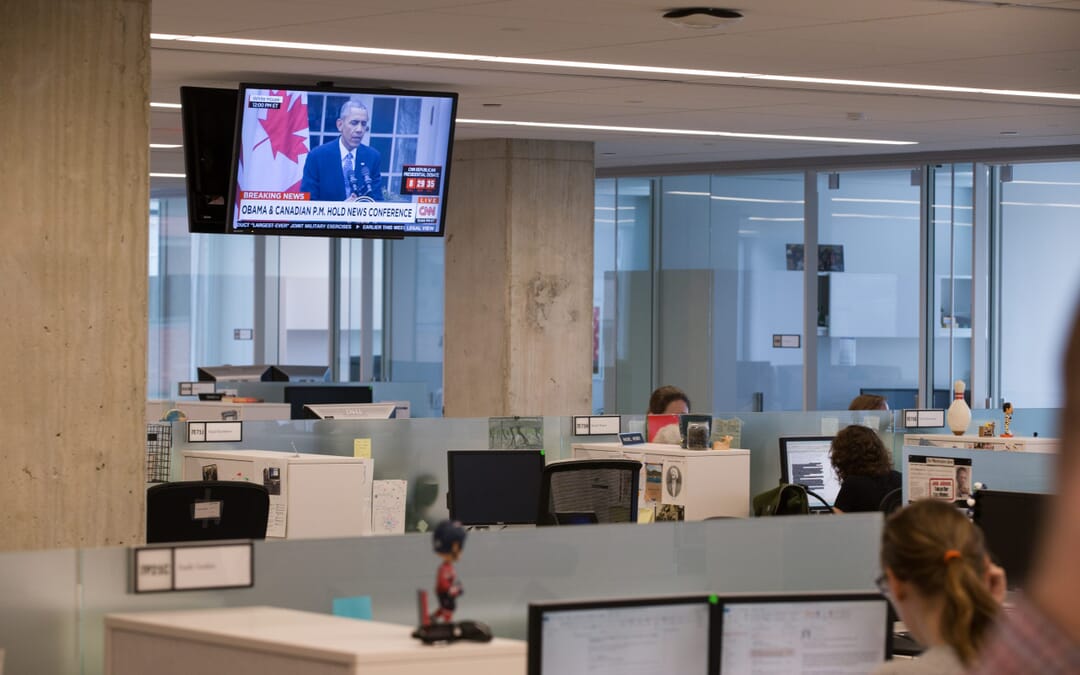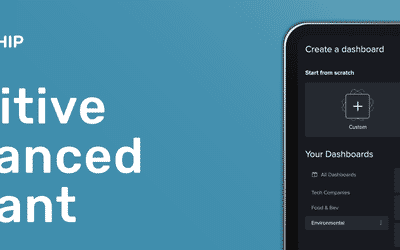Guest blog by Lloyd Rang, a Canadian communications and crisis management expert. Lloyd is the President and Narrative Lead of Curious Public.
Hockey isn’t just important to Canada — hockey IS Canada. We Canadians play the game in our driveways in the summer and on frozen ponds in the winter. And while the game divides us into fierce, team-loving tribes, a love of the game also unites Canadians like nothing else.
Canadian brands know this. If you want to appeal to Canadians, connecting your brand to the game has always been a safe bet.
Until a few days ago.
The Scandal
Hockey Canada is our national governing body for all amateur leagues of the sport. A few months ago, it was revealed that Hockey Canada had a secret “slush” fund – made up of investments and player registration fees – set aside to settle out-of-court cases against players for sexual violence and gang rape. The organization promised to do better last July.
But just last week, reporters discovered that Hockey Canada had transferred more than $7.1M from the first discovered fund to a second secret fund. Again, the organization was siphoning public money and kids’ registration fees to out-of-court settlements rather than fixing the root of the problem.
In a matter of days, Hockey Canada’s marquee sponsors pulled their support. Top brands like Canadian Tire, Nike, Imperial Oil, Sobey’s national grocery chain, TELUS telecommunications company, Skip the Dishes food delivery app, Chevrolet Canada, Pepsi, Scotia Bank, and most significantly, the iconic Canadian coffee brand started by a hockey player, Tim Hortons, did not hesitate to drop the organization. For context, Tim Hortons’ brand DNA is hockey so their departure made headline news. As NewsWhip’s data shows, Tim Hortons’ decision to leave gained more coverage and attention than any other Hockey Canada sponsor, with upwards of 32 thousand social media interactions on that coverage.
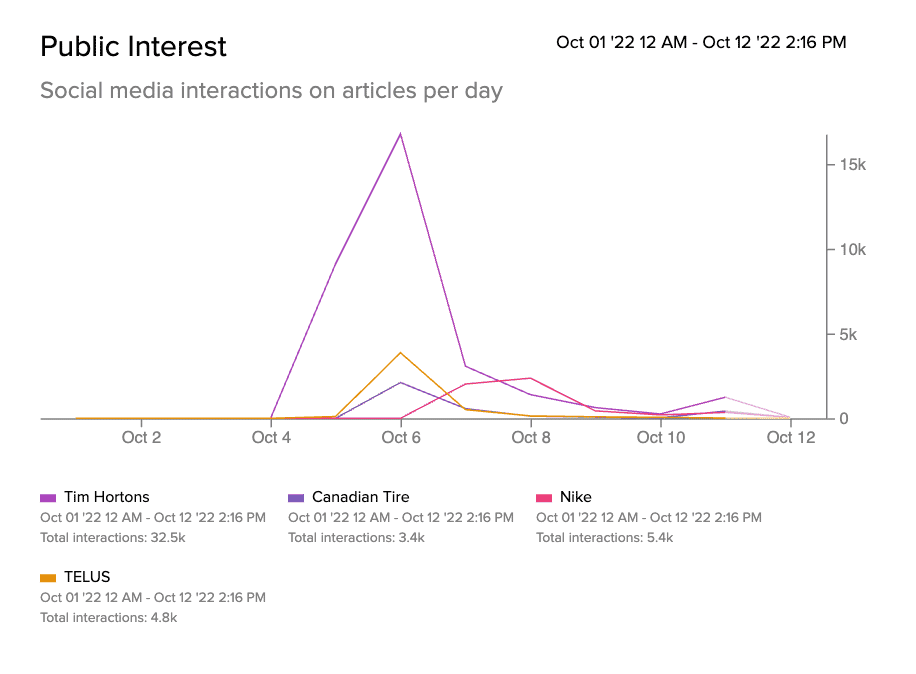
According to NewsWhip’s data, there have been 7.5 thousand articles and 200 thousand social media interactions on Hockey Canada since September 1st – just 40 days. For comparison, Hockey Canada had a mere 143 articles written about them with just 14 thousand interactions in the same period the year before. That is a 948% increase in media coverage and a 185% increase in public interest.
Good crisis communications teams stay prepared for these kinds of events. Tools like NewsWhip’s real-time and predictive alerts can keep you informed when a story about your brand breaks. Knowing how big and how fast a story is moving is critical to your response management. And NewsWhip Analytics help brands create benchmark reports to stay vigilant against crises. All of this preparation helps brands respond in positive ways, quickly and effectively.
In the case of Hockey Canada, if they had NewsWhip’s data to show the massive jump in media coverage and public interest, alarm bells would have been ringing throughout their HQ.
Hockey Canada seems to be a sinking ship. But Canadian brands’ swift and decisive reaction to the crisis made sure they, at least, wouldn’t go down with it.
Looking at this Canadian crisis, there are three main lessons that brands — anywhere in the world — can learn from this:
1) Speaking Up Pays Off
Hockey Canada’s sponsors had two clear paths: get out or say nothing. Overwhelmingly, they chose to get out. And in a new world where companies are expected to behave responsibly, that makes sense.
Today’s consumers expect companies to take a stand. The 2019 Aflac Corporate Social Responsibility Survey found that 55 per cent of Americans believe it’s important for brands to take a stand on social, environmental, and political issues. And that belief is followed through with buying power. Accenture Strategy research found that 65 per cent of consumers say the values of companies’ leaders influence their purchasing decisions.
Marketing professors Stefan Hock and Sascha Raithel from the University of Connecticut and Freie Universität Berlin analysed the binary response to endorsement scandals.
The researchers examined publicly traded U.S. companies whose celebrity endorsers experienced negative press between 1988 and 2016. They found that 59 per cent of companies said nothing, 20 per cent stood by the endorser, and 21 per cent ended their contract. Hock and Raithel found that every brand that responded rather than staying silent saw a positive impact on their stock – and fast respondents’ stocks rose 2.1 per cent on average.
In other words — speaking up pays off.
2) Awareness and Execution Make the Difference
It’s a truism in marketing that trust takes forever to build but can be lost in an instant — and that makes brands very nervous around controversy and scandal. But sometimes, an excellent crisis response can build trust.
Take Maple Leaf Foods, for example. In 2008, a listeria outbreak at one of their plants could have sunk the company, but instead became a textbook example of excellent crisis response. They acted quickly, expressed their regret and apologies openly and honestly, and stayed accountable to victims’ families and the public throughout. Tragically, 23 people died and 57 were made ill by their products, but the brand could move through the crisis by owning it immediately and entirely. Maple Leaf stuck to the core values it had defined for the brand before the outbreak. “Our values said to do what’s right, be transparent, open and honest,” said Dr. Randy Huffman, Senior Vice President of Operations and Chief Food Safety Officer for the brand, in a talk at Ivey Business School. “So that’s what we did.”
The corollary of reacting well to a crisis is that, in today’s marketplace, no poorly handed crisis ever really goes away. The Internet has a short attention span, but it also never forgets — and all it takes to reactivate the memory of a past scandal is a new scandal.
3) Sports is an Inherently Risky Bet
Any time a brand attaches itself to a sport, it gains all the positives of that sport: the adrenaline rush, the athleticism, the homespun and heartwarming stories of the underdog team succeeding against all odds.
But as the saying goes: “If you own the rise, you own the fall.” The question is not IF there will be a scandal that sport-connected brands need to react to, but rather WHEN.
The 2022 World Cup has been controversial since Qatar’s appointment to host. The criticism has since escalated as stories around Qatar’s treatment of migrant workers has hit the news. Data from NewsWhip shows that there were over 100 thousand engagements with articles reporting on Qatar’s treatment of the 6 500 workers who died building their football stadium.
Emirates and Sony were the first to speak out and put pressure on FIFA to investigate possible corruption in Qatar’s appointment. Since then, other brand sponsors have kept the controversy in the public eye.
Credit was given to FedEx, Nike, and Amazon for using their influence to pressure the Washington NFL franchise, the Commanders (formerly, Redskins), to finally end the years-long controversy and change its team name.
And returning to hockey, Air Canada threatened to pull its NHL sponsorship if changes weren’t made to reduce the number of serious head injuries plaguing the league in 2011. The NHL adopted new rules to limit concussions.
Together, these brands created better environments for fans, players, and other brands to benefit from engaging with the world of sports.
Hockey Canada’s sponsors have shown they want to do the same by standing up for their values and, in turn, the values of Canadians.
As it turns out, that’s also very good business.


